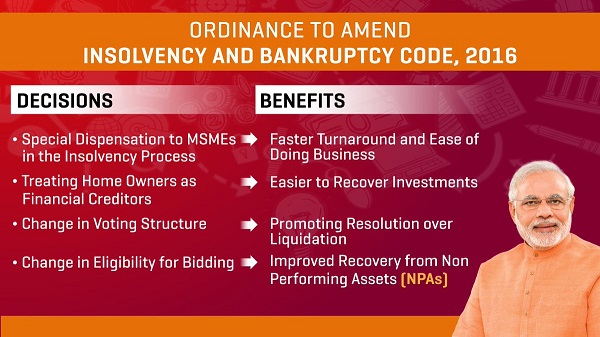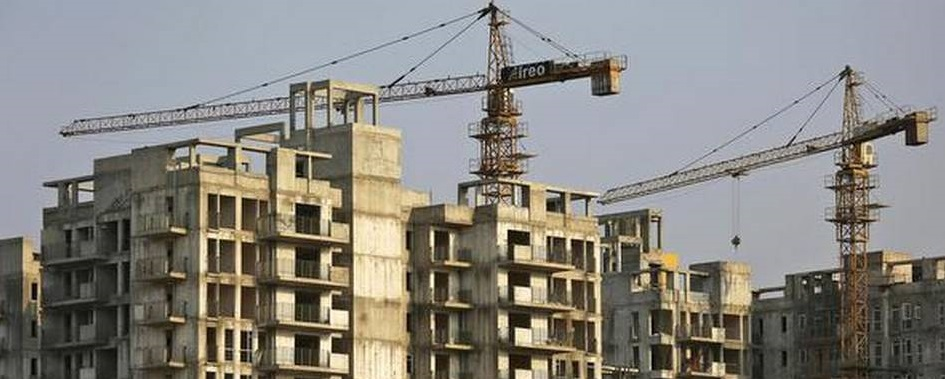Starting from its inception, till its deviation from the central real estate Act, the Housing & Industrial Regulation Act, 2017 (HIRA) of West Bengal state government, has been creating a big-time buzz in the Kolkata property market. People, willing to buy flats in Kolkata has been set from side to side by the institutional call and its potential impact on Kolkata real estate.
Now, it seems like the state Act didn’t go well with the pan-Indian homebuyers’ representative body FPCE. The Association is up against the redundancy and it seeks central government’s arbitration in this entire event. It’s worth mentioning that FPCE has been representing the homebuyers in all ongoing RERA related cases in Bombay High Court.
As per the latest reports, the forum for People’s Collective Efforts (FPCE), a non-profit company representing homebuyers, that had put all its effort to shift the gear for Real Estate (Regulation & Development) Act, 2016, (RERA) implementation, has asked for the intervention of PM and the President of India in sidestepping the central real estate Act and creating state-level legislation Housing & Industrial Regulation Act, 2017 (HIRA) by the West Bengal state government in particular.
Abhay Upadhyay, president of FPCE and also an active member of the Central Advisory Council, RERA said, “In September 2015, we initiated a movement ‘Fight for RERA’ for the passage of RERA by the parliament. Now we are fighting to save RERA from being made redundant. We hope the central government and lawmakers would understand that seriousness of the issue and take necessary steps to save RERA.”
It’s no secret that Indian real estate market had to undergo a series of reconstructive institutional decisions in the past couple of years and still the shadow of which is very much in the scene in all kinds of parts and parcels in realty transactions. Meanwhile, this is supposed to another cusp from both the structural and investors’ standpoint.
However, in its official letter, the homebuyers’ body clearly requested the President not to give a go to the Bengal government for a separate state-level realty regime. FPCE has made a clear point that no other states than West Bengal have brought forth a separate state-level legislation which will somehow belittle the importance and spirit of the central law.
“The constant change in institutional decisions and the volume of opposition they are receiving from different authoritative organizations are up-against the investment sentiment in a big time now which is not a positive sign for the Kolkata real estate market. If the market is going to continue with its existing wait and watch mode; it might also weaken the sales volume in the coming days and also push back the active rollout of RERA in the district,”- said Mr. Mahesh Somani, the Chairman of National RERA Committee and head of eastern zone National Association of Realtors (NAR-India).
Currently, the central government is examining the likelihood and prospect of two individual (state and central) existence on the same subject for the regulation of the real estate sector. After being notified back in 2017, the central real estate Act mandated all the states to notify their respective Acts, before the presence of the state regulatory authority (RA) with the due time and this was the set rule for every other state apart from J&K.
In a previous Central Advisory Council meeting, a sub-committee was formed by the government with the objective of urge the Bengal government to adopt RERA, including the supervision of the implementation of RERA across other states; FPCE now wants this sub-committee to notify their report regarding this matter.
Reportedly, FPCE has suggested revoking the West Bengal HIRA from implementation and asked for one central RERA across the country. Members of the homebuyers’ body also had a meeting with Congress President Rahul Gandhi where they requested Gandhi to raise the concern and to initiate conversation with the Mamata Banerjee Government.
Meanwhile, the state Act has been accused of diluting a couple of the key clauses of the central Act- the definition of force majeure clause and the garage. Where the central Act says that the force majeure clause can be brought into play only in case of war, drought, floods, earthquake, fire or any other natural calamity affecting the regular development of real estate projects; HIRA comes with another version where it says that apart from the mentioned conditions under RERA, force majeure clause can be declared for any other circumstance prescribed.
On the garage part, RERA has defined garage as a place within a project that has a roof and walls on three sides for parking any vehicle, but it does not include unenclosed or uncovered parking area. HIRA, on the other hand, defines a garage as an open space sanctioned by the housing society or the competent authority.
States that have notified the Act and formed the authority have started passing orders. States like Kerala and Telangana have notified their state rules under RERA, but have not set up an authority.




